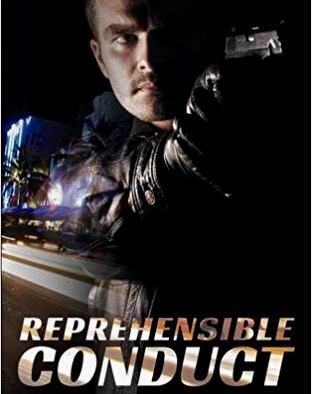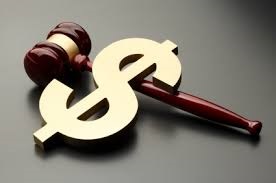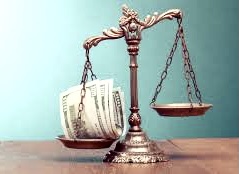
When one litigant is ordered to pay all or most of the other litigants legal fees it is an award of special costs, and Siemens v Howard 2017 BCSC 1193 is a good summary of when the court will award special costs.
The single standard for the awarding of special costs is that the conduct in question properly be categorized as “reprehensible.” The basic principles are conveniently summarized by N. Smith J. in Gill v. Bassi 2016 BCSC 754, at paras. 9-16:
[9] An award of special costs is intended to chastise a party for reprehensible, scandalous or outrageous conduct, either in the circumstances giving rise to the cause of action or in the course of the litigation: Bradshaw v. Stenner 2012 BCSC 237at para. 9, leave to appeal ref’d 2012 BCCA 481.
. . .
[11] The circumstances under which special costs may be ordered were summarized in Mayer v. Osborne Contracting Ltd., 2011 BCSC 914 at para. 11:
(a) where a party pursues a meritless claim and is reckless with regard to the truth;
(b) where a party makes improper allegations of fraud, conspiracy, fraudulent misrepresentation, or breach of fiduciary duty;
(c) where a party has displayed “reckless indifference” by not recognizing early on that its claim was manifestly deficient;
(d) where a party made the resolution of an issue far more difficult than it should have been;
(e) where a party who is in a financially superior position to the other brings proceedings, not with the reasonable expectation of a favourable outcome, but in the absence of merit in order to impose a financial burden on the opposing party;
(f) where a party presents a case so weak that it is bound to fail, and continues to pursue its meritless claim after it is drawn to its attention that the claim is without merit;
(g) where a party brings a proceeding for an improper motive;
(h) where a party maintains unfounded allegations of fraud or dishonesty; and
(i) where a party pursues claims frivolously or without foundation.
. . .
[14] . . . Special costs are not awarded based on the acceptance or rejection of testimony. “If it were otherwise, instead of being an extraordinary measure, special costs could be imposed whenever credibility was in issue”: Grewal v. Sandhu, 2012 BCCA 26at para. 107, leave to appeal ref’d 2012 CarswellBC 1815 (S.C.C.).
[15] Even if one assumes the plaintiffs’ evidence was dishonest as opposed to merely unreliable and I made no explicit finding on that point dishonest testimony alone is not sufficient to warrant an order for special costs. There must be something more egregious in the impugned conduct for it to be considered reprehensible: Schwabe Estate v. Lisinski, 2005 BCSC 1284at para. 26; Mayer, at para. 13; 380876 British Columbia Ltd. v. Ron Perrick Law Corp., 2009 BCSC 1209at para. 25.
[16] There is a difference between a party who deliberately attempts to mislead the court and a party who fails to prove a case on a balance of probabilities because his or her evidence is not accepted . . .
9 The court must exercise restraint in awarding specials costs, and the party seeking special costs must demonstrate exceptional circumstances to justify an order for special costs: see Westsea Construction Ltd. v. 0759553 B.C. Ltd., 2013 BCSC 1352, at para. 73.




